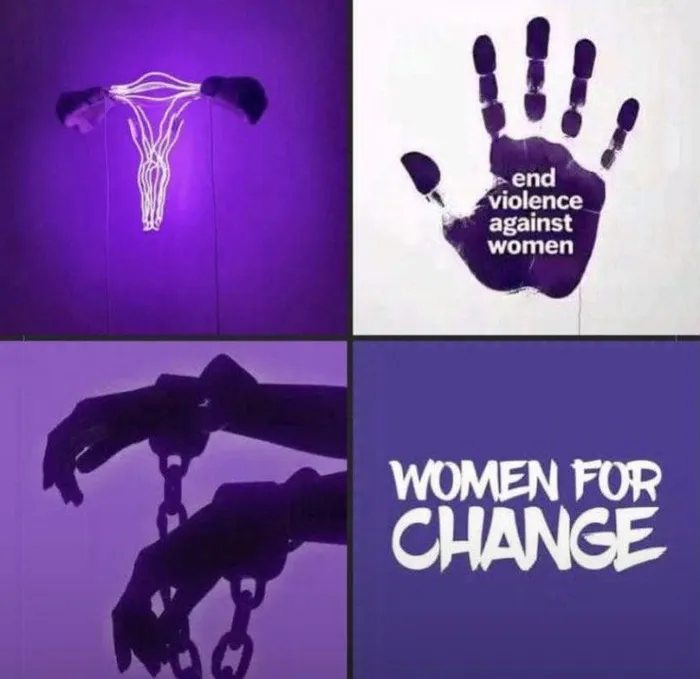Women For Change founder Sabrina Walter hails GBVF national disaster classification as a historic victory

Women For Change founder Sabrina Walter has welcomed the classification of GBVF as a national disaster.
Image: X
Sabrina Walter, founder of Women For Change, has welcomed the South African government’s decision to classify Gender-Based Violence and Femicide (GBVF) as a national disaster, calling it a historic and long-overdue acknowledgment of the crisis women and children face daily.
“For almost ten years, I have listened to the most horrific stories imaginable. I have witnessed the unbearable grief of families who had to identify the bodies of the women they loved. I have sat with survivors who carry their trauma in every breath they take,” Walter said, reflecting on her organisation’s decade-long campaign to put GBVF on the national agenda.
The move follows persistent advocacy and a petition backed by over 1.1 million people worldwide. “Today, that persistence has been recognised. We have won,” Walter said, emphasising the collective effort that made this milestone possible.
Walter also expressed deep gratitude to her team for their tireless work. “To my team – five extraordinary human beings who have given everything over these past weeks – you are the heartbeat of Women For Change. You carried this movement with courage when we were exhausted, frightened, and overwhelmed. I am forever grateful to you,” she said.
Friday, November 21 marked a nationwide shutdown where dozens honoured those lost to GBVF.
At 12 noon, participants laid down in silence for 15 minutes. “We will lie down in silence for 15 minutes to honour the sisters who never made it home. We will do this for the women who died begging to be believed. We will do this for every survivor who still suffers in silence,” Walter said.
Explaining the classification of GBV as a national disaster, Minister of Cooperative Governance and Traditional Affairs (Cogta), Velenkosini Hlabisa, said the decision had been taken by the Head of the National Disaster Management Centre (NDMC), Dr Bongani Elias Sithole in terms of Section 23 of the Disaster Management Act, 2002.
In a statement, the national Cogta department said the decisive action follows a thorough reassessment of previous reports and updated submissions from organs of state as well as civil organisations.
“After evaluating the persistent and immediate life-safety risks posed by ongoing acts of violence, the NDMC has concluded that GBVF now meets the threshold of a potential disaster as defined in the Act.
“In accordance with Sections 23 and 26 of the Act, the National Executive now carries primary responsibility for coordinating and managing this national disaster, using existing legislation and the contingency arrangements already established across government.”
The classification calls on all organs of state to strengthen their support to existing GBVF response structures, to fully implement their contingency arrangements, and to ensure that all necessary mechanisms are activated to enable the National Executive to manage the disaster effectively.
In terms of Section 22 of the Act:
- Organs of state, the private sector, communities and individuals are urged to intensify their risk-reduction and prevention practices through the implementation of GBVF-related standards, procedures and legislative measures.
- Individuals are strongly encouraged to refrain from any acts of gender-based violence or femicide.
National, provincial, and municipal authorities are also advised, consistent with the Act, to implement multisectoral prevention, mitigation, relief and rehabilitation plans to address the effects of this disaster holistically.
The Cogta department said this classification does not invoke emergency powers but reinforces and strengthens the systems already in place.
All affected organs of state must submit progress reports to the NDMC, as set out in Section 24, to enable the monitoring of interventions by government departments, municipalities, NGOs and communities.
“This effort pulls together every sphere of government and every critical sector: policing, social development, justice, health, education, economic development, and traditional leadership. Above all, it confirms a fundamental truth: GBVF is not a women’s issue. It is a national crisis”, Minister Hlabisa said.